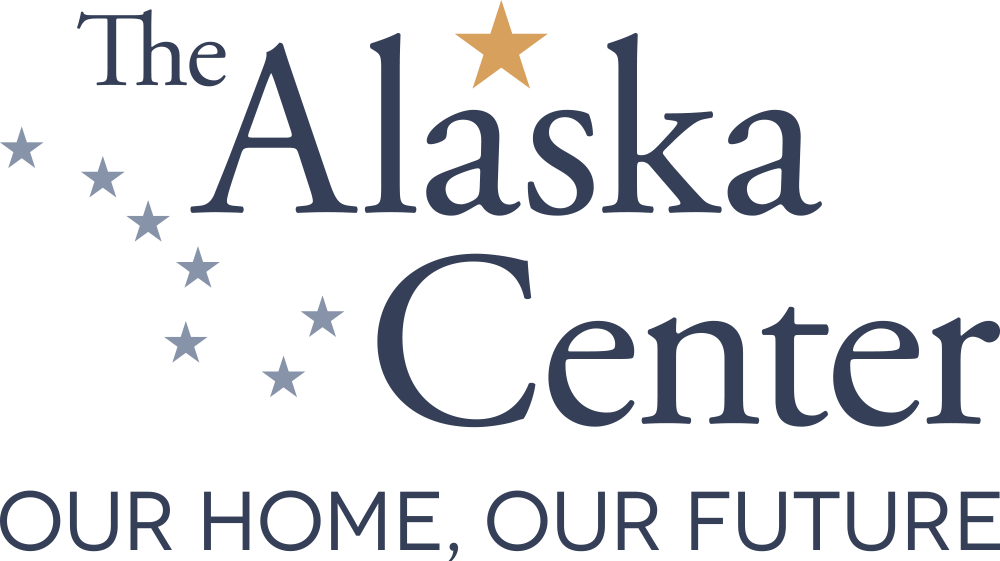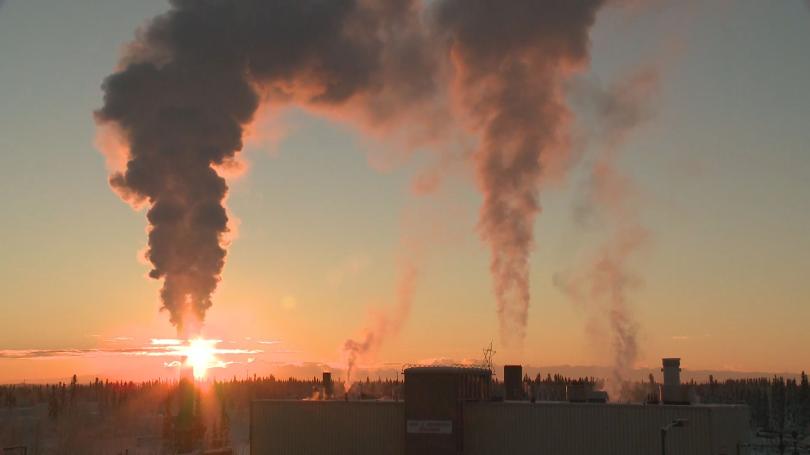ANCHORAGE, Alaska (KTUU) - State regulators are scaling back enforcement of air and water quality protections until at least June and are asking regulated entities to self-report violations during the COVID-19 pandemic.
“Governor Dunleavy has instructed his commissioners to do everything that we can in our power to stabilize the economy, to let the regulated community know, to let Alaskan businesses know that we are going to be lenient,” Department of Environmental Conservation Commissioner Jason Brune said in a press conference Tuesday. “We are letting them know that the requirements still need to be upheld and that we are still protecting the environment, but some of these things just can’t be done right now.”
The DEC has issued No Action Assurance Memorandums for air quality and water quality permits for the duration of the COVID-19 pandemic.
The action follows similar steps by the Environmental Protection Agency to scale back enforcement during the pandemic.
The concern from some groups is that easing enforcement could allow companies to surpass emission limits, potentially impacting the health of the Alaskan public.
“There’s definitely a good, valid concern for protecting individual’s health both in the agency and the permitted entity," said Louie Flora, Government Affairs Director for The Alaska Center. "Where it becomes a problem is if we have extreme noncompliance that damages the general health of Alaskans, or that threatens the health of other Alaskans and I think that is where we really need to be monitoring this."
Flora said his first area of concern would be air quality in Fairbanks.
“Areas like Fairbanks with the air pollution problem with particulate," he said, "or PM2.5 problem that the DEC is in charge of helping to solve, when you come in and you have a non-compliance allowance like this, it could lead to increased aggravating factors for underlying health issues like respiratory distress.”
Flora also said that in addition to the enforcement changes due to COVID-19, he’ll be watching to see if Gov. Dunleavy keeps funding for the Department of Environmental Conservation in the next budget.
“The state legislature funded seven positions that the administration wanted to remove from DEC in the permit compliance section. And the budget has already been submitted to the governor,” Flora said. “The agency generally has a very capable and committed staff that do a really good, so I think that they are fully capable to help Alaska in this kind of all hands on deck emergency time,” Flora said. “Now is not the time for the agency to pull back from protecting Alaskans, but it’s the time for them to really step forward and take on the leadership that they’re charged with.”
Channel 2 requested an interview with Commissioner Brune. He was unavailable, but provided the following comment:
“DEC is committed to protecting Alaska’s public health and environment during the COVID-19 pandemic while not lessening any public health or environmental requirements or regulations. Our first priority is to keep Alaskans safe and we do not want DEC staff or contractors for the regulated community to be unintentional vectors for bringing the virus to rural Alaska. To this end, we are considering how to address regulatory activities that usually happen in-person such as on-site inspections, ongoing testing requirements, or even something as simple as paying a permit fee. We are asking the regulated community to document any such requirements that cannot be fulfilled due to COVID-19 and we will exercise enforcement discretion when appropriate. We are also sensitive to the financial status of some of our permit holders that may be impacted by COVID-19 shut downs and as we announced on Tuesday, we will be suspending certain late fees and interest accruals.”
The changes to DEC enforcement were announced at a press conference in which Gov. Dunleavy explained his administration's plan to stabilize the Alaskan economy amid coronavirus disruptions.
"I want to remind Alaskans that when they hear some of these programs that we're talking about, there's going to be many more, many more suspensions of regulations, permits, etc." he said on Tuesday, "that the reason we're doing this is not as a bailout as some would say. Not as a stimulus, but a stabilization."
Although he said he appreciates the steps to keep workers healthy, Flora said there is a concern that there may be other motives behind the changes.
"Having EPA kind of taking a step back right now in addition to DEC, it just raises a host of questions of how compliance is going to be assured realistically. It sounds good on paper, but these agencies, it's extremely hard for a private citizens to go ahead and get information on compliance and compliance actions," Flora said. "Bear in mind that this federal EPA has been in the process of rolling back regulations since 2016 and recently has rolled back a number of auto emission requirements, so there's a lot of suspicion out there I think in the general public, in some sectors, at least in the conservation community where I work, about these action coming on top of additional rollbacks. And there is concern in the community that DEC actions follow predictably in line with some of the rollbacks that the Dunleavy administration has promoted through its tenure."
Though the memorandums can be reevaluated, the No Action Assurance Memorandum for the water quality program is in effect until June 1, 2020, while the air quality program is in effect until July 1, 2020.
By Grant Robinson
Share this Post

